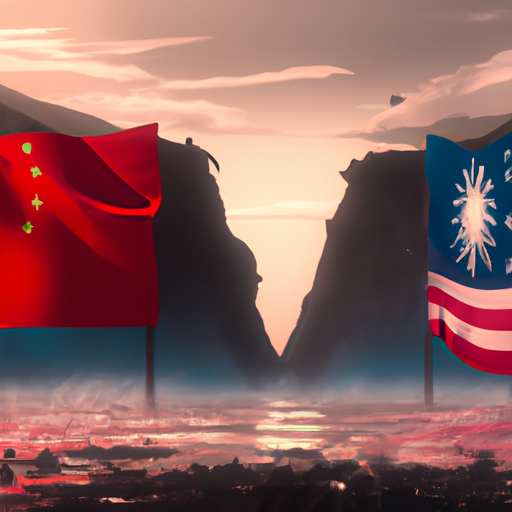
I don't think I understand everything regarding strageic ambiguity but I am going to try to formalize this question.
Strategic ambiguity is a foreign policy strategy that involves deliberately keeping one's intentions and capabilities vague or unclear in order to gain a strategic advantage. In other words, it is a deliberate decision to maintain ambiguity or uncertainty about a country's goals or intentions in order to create an advantage in negotiations, deter potential adversaries, or avoid unwanted escalations of conflict.
The US has maintained a policy of strategic ambiguity toward Taiwan, neither fully recognizing it as an independent state nor acknowledging China's claims of sovereignty over it. This ambiguity allows the US to maintain its defense relationship with Taiwan without directly provoking China. It also serves to deter China from taking any aggressive actions against Taiwan, as China cannot be sure how the US would respond.
Determining whether the US has abandoned its strategic ambiguity policy towards Taiwan would likely require analyzing a variety of factors, such as official statements, policy actions, and diplomatic engagements.
This question will resolve YES if, by 2030, the US has done any of the following:
Official Statement: The US government has made an official statement regarding Taiwan's independence/sovereignty.
Policy Actions: The US has made a policy action demonstrating a change in stance regarding Taiwan's sovereignty. For example, if the US increases military support to Taiwan, such as by providing more advanced weaponry, or begins engaging in joint military exercises with Taiwan, this could suggest a shift away from strategic ambiguity.
Diplomatic Engagements: If the US government engages in more high-level and publicized meetings with Taiwanese officials, or if US officials start to refer to Taiwan as a separate and independent country rather than simply a part of China.
@MatthewBarnett has a great post on the EA forum regarding China/Taiwan which I think makes for good reading which motivated this question.
I don't think I really understand everything with respect to strategic ambiguity, but I think this is a very important question to answer. I won't bet on this market.
@slope By not clearly stating its commitment to Taiwan’s defense, the U.S. keeps China guessing about the potential U.S. response to any aggressive moves against Taiwan. This uncertainty is intended to deter China from taking military action, as it cannot be sure how the U.S. might react. Thus, strategic ambiguity serves as a balancing act, allowing the U.S. to maintain its defense relationship with Taiwan while managing its complex relationship with China.
@geometry dash world Since there is only an 8% possibility that the Manifund award for the Shrimp Welfare Project will reach $60k by the end of July and there isn't much time left to make such a big increase in funding, I'm not sure if it will.